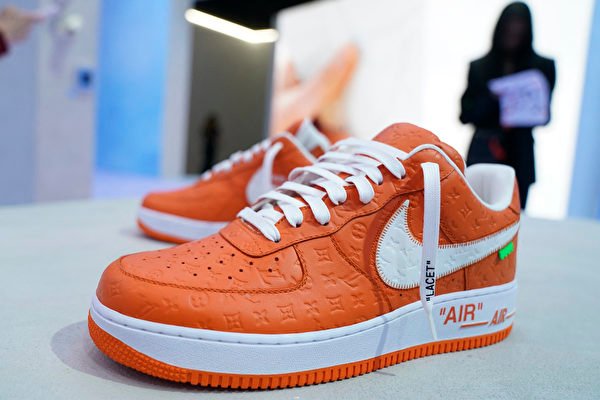Amid intensifying competition in the global sportswear market, sports retail giants Baosheng International and Taobo International are facing a wave of massive store closures. Both companies are key distributors of international sports brands such as Nike and Adidas in China, but traditional agency models are now under severe strain due to the accelerated Direct-to-Consumer (DTC) strategies of the brand owners.
According to the 2024 annual performance report released by “Baosheng International”, the company’s operating income was approximately 18.454 billion yuan, a year-on-year decline of 8%. Despite a slight increase in gross profit margin from 33.7% to 34.2%, a nearly 30% decrease in store foot traffic directly impacted sales performance. By the end of 2024, Baosheng operated 3,448 stores in Greater China, a reduction of 75 stores compared to the same period last year.
The situation for “Taobo International” is equally bleak. According to its 2025 interim performance report for the fiscal year, the company’s first-half revenue was 13.055 billion yuan, a 7.9% year-on-year decline; net profit attributable to shareholders plummeted by 34.7% to 874 million yuan. Moreover, Taobo continued to reduce its number of stores, with a net decrease of 331 stores in just the first half of 2024.
In recent years, sports brands have been adjusting their market strategies by prioritizing the development of direct retail channels. Giants like Nike and Adidas have opened large flagship stores in core commercial areas while actively expanding their online channels, including Tmall flagship stores, self-operated mini-programs, and Douyin livestreaming rooms. This trend has greatly weakened the pricing advantage of distributors, challenging their profit models.
For instance, the changes in the Sanlitun commercial district in Beijing are a typical case. Under the Nike umbrella, the Jordan brand has opened the fourth World of Flight flagship store globally, while FILA and lululemon have also seized prime locations there. Simultaneously, sports brands have increased the layout of their self-operated discount stores in outlet malls, attracting a significant share of customers who used to shop through distributors.
Faced with adversity, Baosheng and Taobo have adopted different strategies to cope. Baosheng has increased its online investments, driving growth in livestreaming businesses on platforms like Tmall and Douyin to alleviate the impact of offline store closures. However, despite the doubling of livestreaming sales in recent years, its share in overall sales remains below 30%, making it difficult to fundamentally reverse the trend.
Taobo, on the other hand, has chosen to expand its brand portfolio by adding outdoor and niche sports brands such as HOKA, Keen, and Northa, aiming to diversify risk. Yet, the market influence of these new brands remains limited, making it challenging to fill the gap left by the shrinking business of Nike and Adidas in the short term.
Notably, some sports brands are reassessing their cooperation with distributors. After assuming office, Nike’s new CEO Elliott Hill began to reorganize sales channels, while Adidas CEO Bjørn Gulden emphasized during his visit to China in the second half of 2024 that the company still considers distributors as the mainstay of market development.
Nevertheless, the survival space for distributors still faces numerous challenges. In the future, companies like Baosheng and Taobo may need to accelerate transformation, adjust business structures to adapt to the accelerating trends of brand direct retail and online consumption in the industry environment.

